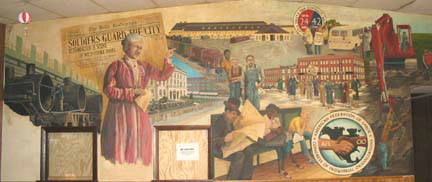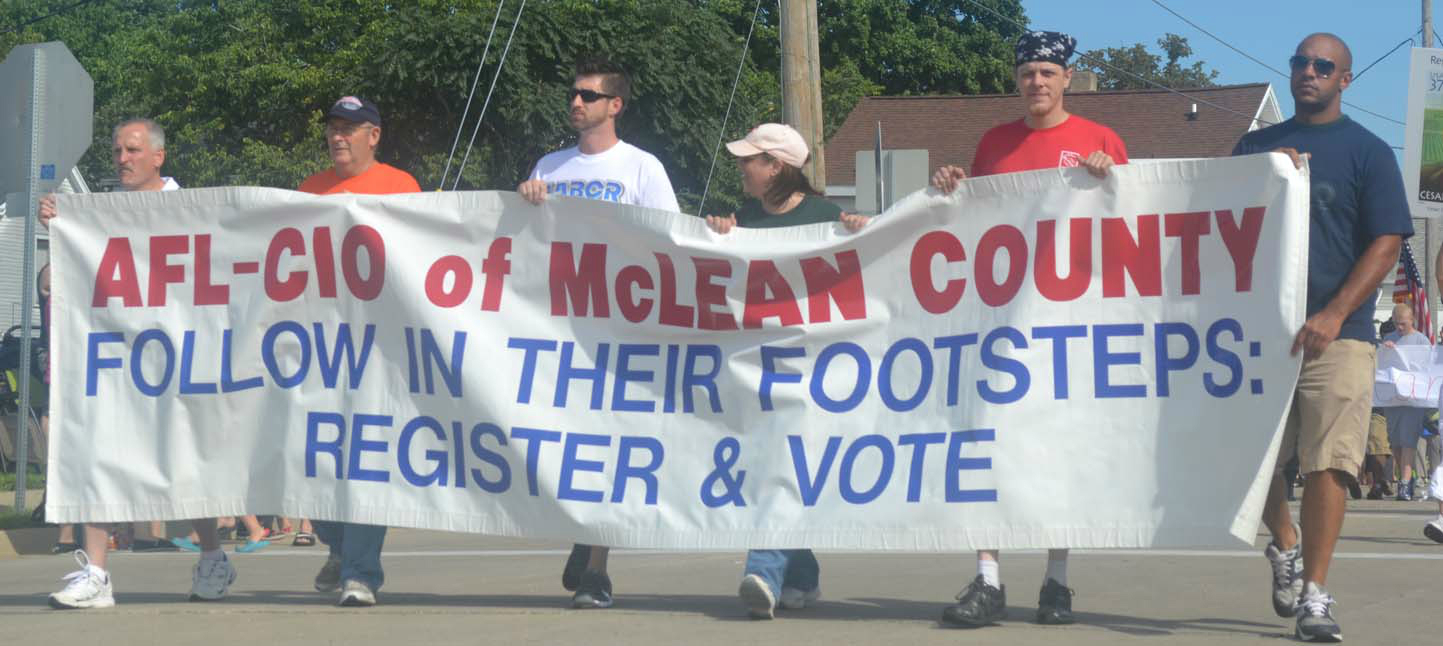|
U.S. Southern racial segregation is represented in stark images: separate drinking fountains, waiting rooms clearly marked, all portraying a clear, racial dividing line.
Yet each state, town, county had its own variations – a Black individual crossing a county line entered unknown territory. Social custom that marked one community might be either more or less restrictive in the next. Dismantling American apartheid in the 1960s granted more legal freedom, but how one navigated those spaces meant continued tension and apprehension.
Dr. Adolph Reed Jr. in The South not only offers political and historical analysis, but most telling, shares his own life experiences growing up in Jim Crow and then witnessing its awkward transition to a newer order.
Reed’s childhood encompassed the Bronx, Brooklyn, Washington, D.C. and New Orleans, with family forays across Louisiana into Arkansas. This tight volume neatly encompasses personal memoir with cogent analysis. Reed lived under Jim Crow, its collapse and its modern apparitions. New Orleans saw more fluid boundaries, a multi-racial society that carried segregation’s trapping but also winked at occasional transgressions. His educated, middle-class, Catholic upbringing contrasted with the rural, small town South. Riding the Mississippi River ferry from New Orleans to adjoining Algiers, the boat deck racially separated by chicken wire, his grandmother would unashamedly proclaim in an audible stage whisper that the barrier was present because “a lot of crazy people ride this ferry and they have to sit on the other side.”
Neighborhoods, even blocks or a street side, might mark racial lines. Reed grew up knowing which white-owned stores was acceptable for buying clothes, though a hat meant a different establishment. Class lines were as clearly delineated as race. Leaving New Orleans to visit Arkansas family meant a careful trip, cautiously traveling through certain counties while more relaxed in others.
As segregation crumbled apprehensions remained, as different localities maintained its vestiges. In 1973 he was followed at night by a patrol car in the Carolina Low Country, when the flashing lights stopped Reed. He was called to the car’s literal “shotgun seat,” but instead of confrontation or a ticket, the officer wondering what the “Boycott Gulf” bumper sticker meant. After sharing a brief history lesson on Portuguese African colonialism he was released.
Reed’s scholarship focuses not just on race but class. His powerful last chapter draws sharp contrast between the upwardly mobile strivers, heralded in multicultural America, while working people still struggle with low wages and poor conditions. He positions segregation as an economic system. “While the segregationist system was clearly and obviously racist and white supremacist, it wasn’t merely about white supremacy for its own sake. It was the instrument of a specific order of political and economic power that was clearly racial but that most fundamentally stabilized and reinforced the dominance of powerful political and economic interests,” he writes.
This concise volume invites the reader on multiple levels; there are the compelling, personal Jim Crow experiences, the haphazard transition as that false order crumbles and the current malingering racism. He probes this with a class perspective and vividly portrays social changes yet leaves clear signals on the remaining challenges.
The South: Jim Crow and Its Afterlives
By Adolph L. Reed Jr.
Verso Books, 2022
ISBN: 978-1-83976-626-8
|



